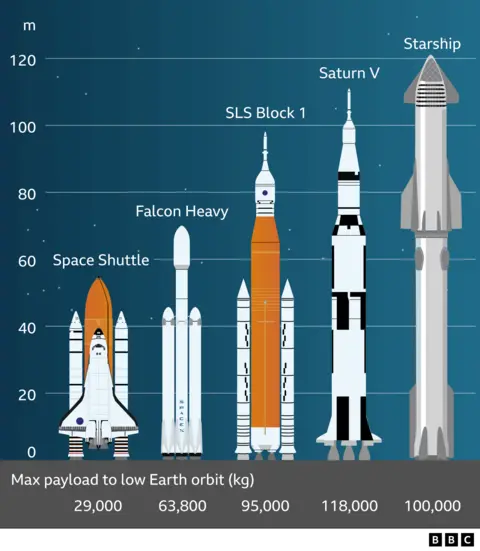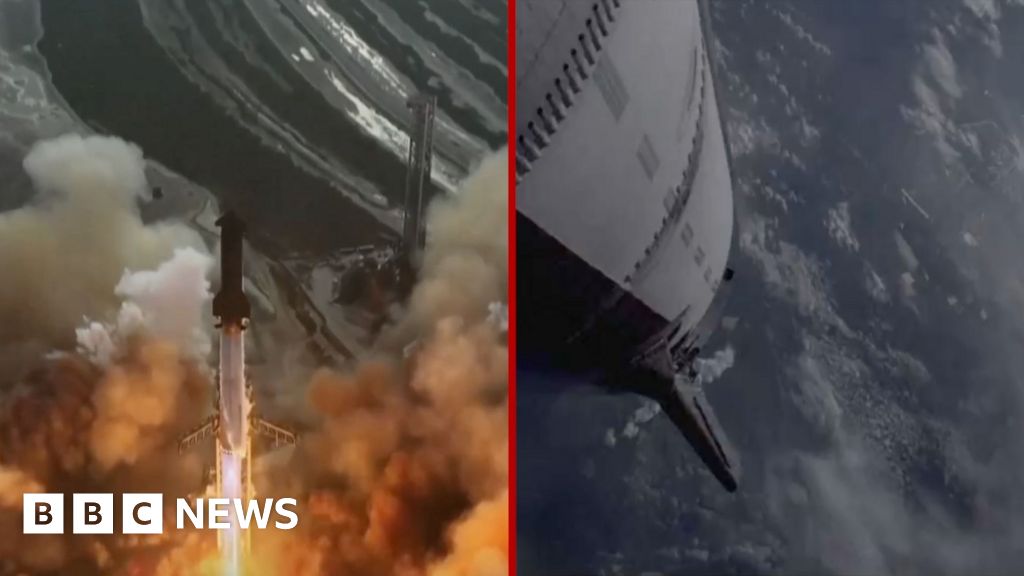NASA’s Apollo missions stand as monumental milestones in human history, marking our first steps on the lunar surface. With the recent passing of Apollo 13 commander Jim Lovell, there are now only five of these brave astronauts still alive. These pioneers of space adventure not only faced unimaginable challenges but also inspired countless individuals with their daring feats during the Apollo missions in the 1960s and 1970s.
As we gaze toward the future, NASA's Artemis program aims to return humans to the Moon and establish a sustainable presence there by this decade's end. China too is making strides, planning to land its astronauts on the Moon by 2030, while private companies like SpaceX and Boeing continue to push boundaries in space technology. However, delays have plagued recent endeavors, emphasizing the precarious nature of space exploration.
Reflecting on the achievements of the Apollo astronauts, Buzz Aldrin was the second person to walk on the Moon during Apollo 11 in 1969. Even though he was not the first, his ambitions remained resolute. In his own words, Aldrin once stated his wish to help humanity reach beyond a mere visit to the Moon, advocating for a human presence on Mars.
Charles Duke, who flew on Apollo 16, made history as the youngest person to set foot on the Moon at 36. He fondly recalls the stark beauty of the lunar landscape and has remained engaged with NASA's future missions, offering insights into the challenges ahead.
Fred Haise, part of the ill-fated Apollo 13 mission, became a celebrity after their dramatic rescue from a life-threatening situation in space. Although he never walked on the Moon, Haise contributed significantly to space exploration and continued in the aerospace industry.
Harrison Schmitt, a geologist aboard Apollo 17, marked a unique place in history as the first scientist to land on the Moon. His subsequent career included a stint in the U.S. Senate, advocating for scientific endeavors and offering alternative viewpoints on climate change.
Finally, David Scott, who commanded Apollo 15, is celebrated not just for walking on the Moon but for being among its first drivers with the Lunar Roving Vehicle. His contributions to the missions are monumental, and he frequently provides insights on current explorations.
With the ongoing preparations for NASA's Artemis missions, the legacy of the Apollo astronauts inspires the new generation of adventurers who will soon embark on their journeys to further uncover the mysteries of the Moon.
As we gaze toward the future, NASA's Artemis program aims to return humans to the Moon and establish a sustainable presence there by this decade's end. China too is making strides, planning to land its astronauts on the Moon by 2030, while private companies like SpaceX and Boeing continue to push boundaries in space technology. However, delays have plagued recent endeavors, emphasizing the precarious nature of space exploration.
Reflecting on the achievements of the Apollo astronauts, Buzz Aldrin was the second person to walk on the Moon during Apollo 11 in 1969. Even though he was not the first, his ambitions remained resolute. In his own words, Aldrin once stated his wish to help humanity reach beyond a mere visit to the Moon, advocating for a human presence on Mars.
Charles Duke, who flew on Apollo 16, made history as the youngest person to set foot on the Moon at 36. He fondly recalls the stark beauty of the lunar landscape and has remained engaged with NASA's future missions, offering insights into the challenges ahead.
Fred Haise, part of the ill-fated Apollo 13 mission, became a celebrity after their dramatic rescue from a life-threatening situation in space. Although he never walked on the Moon, Haise contributed significantly to space exploration and continued in the aerospace industry.
Harrison Schmitt, a geologist aboard Apollo 17, marked a unique place in history as the first scientist to land on the Moon. His subsequent career included a stint in the U.S. Senate, advocating for scientific endeavors and offering alternative viewpoints on climate change.
Finally, David Scott, who commanded Apollo 15, is celebrated not just for walking on the Moon but for being among its first drivers with the Lunar Roving Vehicle. His contributions to the missions are monumental, and he frequently provides insights on current explorations.
With the ongoing preparations for NASA's Artemis missions, the legacy of the Apollo astronauts inspires the new generation of adventurers who will soon embark on their journeys to further uncover the mysteries of the Moon.

















